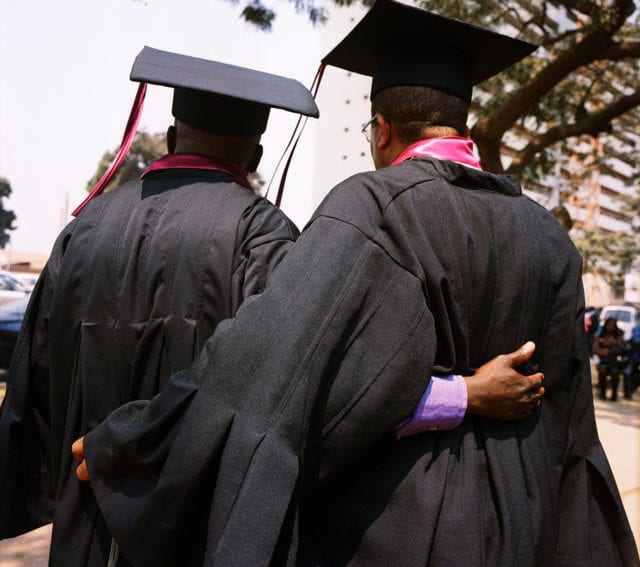By: Adole Abutu
Send to a friend
The details you provide on this page will not be used to send unsolicited email, and will not be sold to a 3rd party. See privacy policy.
[DAKAR] It is the cherished dream of every young woman and man in Africa who reaches high school to secure university education and acquire a degree.
However, I have come to learn that the joy of attaining academic excellence through university education has turned out to be an elusive dream for many African youths from poor backgrounds.
When I attended the African Higher Education Summit in Senegal this month (10-12 March), I realised that this ‘great educational divide’ is worrying policymakers and experts, with participants describing it as a deliberate scheme to deprive the poor access to quality education.
“Because parents do not want their children to remain in college ‘forever’, they now opt to send their children to private universities that are expensive but at least they know when they will graduate.”
Adole Abutu
The bottom line is that the majority of the youth cannot afford the cost of studying in the universities across the continent, although few scholarships are available for students who perform exceptionally well in high schools.
Ethiopia’s minister of education, Kaba Urgessa, told me that funding education to accommodate students from poor backgrounds is not a problem in his country, but the challenge lies in the quality of graduates produced and their ability to address societal needs.
Unlike Ethiopia, I know many African countries are faced with the challenge of funding university education, resulting in the proliferation of private universities, which have put the cost of university education beyond the reach of the poor.
The dilemma of young men and women aspiring for university education in public universities that comes with its attendant duration and cost factors, reminds me of a popular saying in Nigeria which goes: “You only know the date you enter a public university, but only God knows the date you will graduate!”
Because parents do not want their children to remain in college ‘forever’, they now opt to send their children to private universities that are expensive but at least they know when they will graduate.
As I interacted with the education experts in Dakar, I was informed that the gap between the poor and the rich in Africa in acquiring university education has grown wider over the last decade.
With the great divide affecting the quality of education in universities on the continent, globally-minded organisations are increasingly becoming reluctant to employ graduates from some African countries, arguing that they have not been properly trained.
Private universities have emerged in an attempt to a find solution to the standards challenge, based on the contention that many public-funded universities have failed to deliver on quality.
But participants at the Dakar summit were of the view that students from poor backgrounds lack the resources to pursue studies in private universities, as they are expensive and out of reach.
As I reflected on the plight of the African youth seeking higher education that is beyond their means, I reinforced my belief that eventually the most important thing is that the standards in both the public and private universities must be above reproach to bridge the great educational divide in Africa’s universities.
This article has been produced by SciDev.Net’s Sub-Saharan Africa desk.














